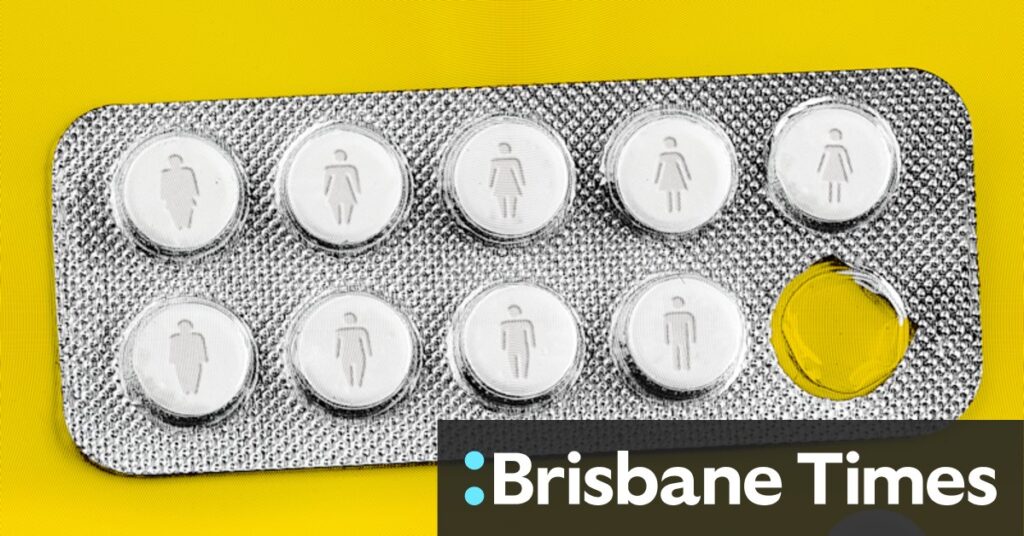
The development of GLP-1 and incretin-based drugs is poised to revolutionize the field of obesity treatment, according to experts. These drugs have already carved out a significant niche in the pharmaceutical industry and are now on the brink of a new evolution: oral administration. This advancement could dramatically change the landscape of weight loss treatments, making them more accessible and easier to use.
Associate Professor Garron Dodd, head of the Metabolic Neuroscience Research Laboratory at the University of Melbourne and founder of Gallant Bio, expressed enthusiasm about the potential of these drugs.
“It’s a glorious dawn, but it’s just the start,”
he said, highlighting the transformative potential of GLP-1 drugs in extending health spans.
Understanding GLP-1 and Its Role in Weight Loss
GLP-1, or glucagon-like peptide-1, is a hormone secreted by the intestines that plays a crucial role in regulating insulin production. Initially developed as a treatment for diabetes, GLP-1 drugs have shown significant promise in weight management due to their ability to reduce appetite and promote a feeling of fullness. This has led to substantial weight loss in clinical trials, with participants losing nearly 15% of their body weight over 15 months with semaglutide, a leading GLP-1 drug.
However, the current form of these drugs requires refrigeration and subcutaneous injection, which can be inconvenient for many patients. An oral version of semaglutide exists, but its effectiveness is limited, with only 1% of the drug reaching target receptors.
Innovative Approaches to Oral Administration
Researchers at Japan’s Chugai Pharmaceutical Co have developed a small molecule that mimics the effects of GLP-1 without replicating its structure. This innovation, licensed to US-based Eli Lilly, has shown promising results, with trial participants losing 7.9% of their body weight over 40 weeks.
“It’s a development I never would have thought feasible,”
commented Professor Michael Horowitz of the University of Adelaide, who authored a commentary on the drug in the Lancet.
Despite the promising weight loss results, the trial also reported side effects such as diarrhea, nausea, and vomiting. Professor Jonathan Shaw, who led the Australian arm of Lilly’s trial, noted that while the drug’s efficacy is comparable to semaglutide, more data is needed to fully understand its benefits and side effects.
Challenges and Future Prospects
While the development of oral GLP-1 drugs marks a significant advancement, challenges remain. Pfizer’s similar GLP-1 pill project was halted after a trial participant suffered liver damage. Additionally, the long-term sustainability of weight loss with these drugs is still under investigation.
Experts like Horowitz emphasize the need for comprehensive data on adverse effects, which are often underreported in trials.
“It hasn’t served the interests of pharma to quantify how well this is tolerated,”
he noted, stressing the importance of transparency in clinical trials.
Despite these hurdles, the potential benefits of oral GLP-1 drugs are substantial. They could be cheaper and easier to produce than injectable versions, potentially reducing costs and increasing accessibility. Eli Lilly plans to apply for regulatory approval later this year, and the drug could offer a valuable alternative for those who do not respond to semaglutide.
The Road Ahead
The introduction of oral GLP-1 drugs could significantly impact the pharmaceutical industry and the treatment of obesity. As competition increases and more drugs receive approval, prices may decrease, making these treatments more accessible to a broader population. This could lead to government subsidies and a more widespread adoption of these drugs.
As the industry awaits further developments, the excitement surrounding these innovations continues to grow. With the potential to transform the way obesity is treated, oral GLP-1 drugs represent a promising frontier in medical science.






